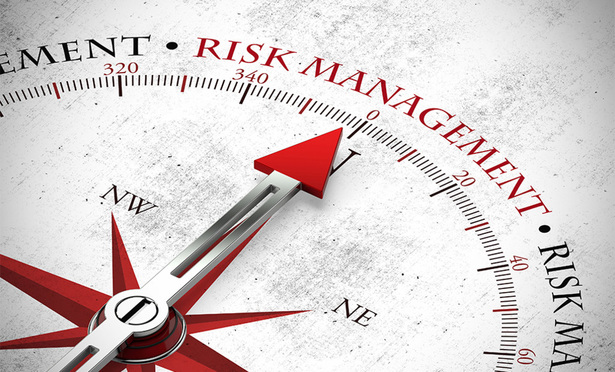 An obscure federal statute, passed in the wake of the September 11th, 2001 terrorist attacks, grabbed big headlines last year when MGM Resorts International used the law to sue victims of the 2017 Las Vegas Harvest Festival shooting. Casino giant MGM, which owns Mandalay Bay Resort & Casino, the hotel where a shooter took up residence and killed 58 people in the deadliest shooting in U.S. history, sought a judicial declaration that the SAFETY Act—the Support Anti-Terrorism by Fostering Effective Technologies Act of 2002—barred any claims against it.
An obscure federal statute, passed in the wake of the September 11th, 2001 terrorist attacks, grabbed big headlines last year when MGM Resorts International used the law to sue victims of the 2017 Las Vegas Harvest Festival shooting. Casino giant MGM, which owns Mandalay Bay Resort & Casino, the hotel where a shooter took up residence and killed 58 people in the deadliest shooting in U.S. history, sought a judicial declaration that the SAFETY Act—the Support Anti-Terrorism by Fostering Effective Technologies Act of 2002—barred any claims against it.
MGM’s litigation offensive might seem like an odd juxtaposition of legal strategy—suing the victims. Yet, despite public outrage over MGM’s novel legal move, it represents the first time the SAFETY Act has been litigated, moving the cases and the enigmatic statute into uncharted legal territory, and will remain so for the foreseeable future. Shortly after MGM filed the lawsuits, it decided to switch gears and move from litigation to mediation. So, it is now behind closed doors working to hammer out a settlement rather than litigating issues of first impression which would serve as the only judicial precedent under the SAFETY Act.






